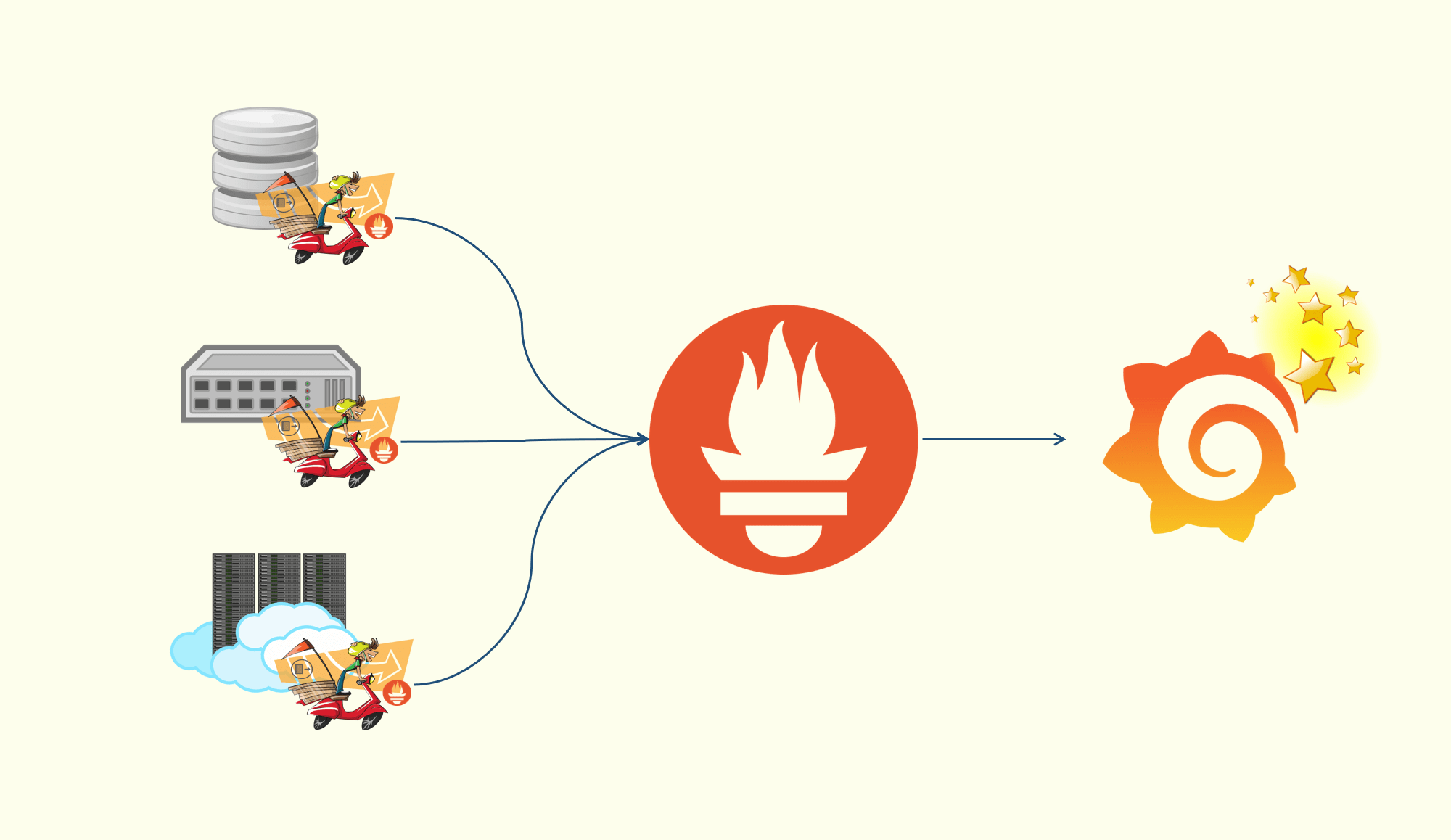1
2
3
4
5
6
7
8
9
10
11
12
13
14
15
| func NewDefaultServer(addr string, port int) (*Server, error) {
return &Server{addr, port, "tcp", 30 * time.Second, 100, nil}, nil
}
func NewTLSServer(addr string, port int, tls *tls.Config) (*Server, error) {
return &Server{addr, port, "tcp", 30 * time.Second, 100, tls}, nil
}
func NewServerWithTimeout(addr string, port int, timeout time.Duration) (*Server, error) {
return &Server{addr, port, "tcp", timeout, 100, nil}, nil
}
func NewTLSServerWithMaxConnAndTimeout(addr string, port int, maxconns int, timeout time.Duration, tls *tls.Config) (*Server, error) {
return &Server{addr, port, "tcp", 30 * time.Second, maxconns, tls}, nil
}
|











